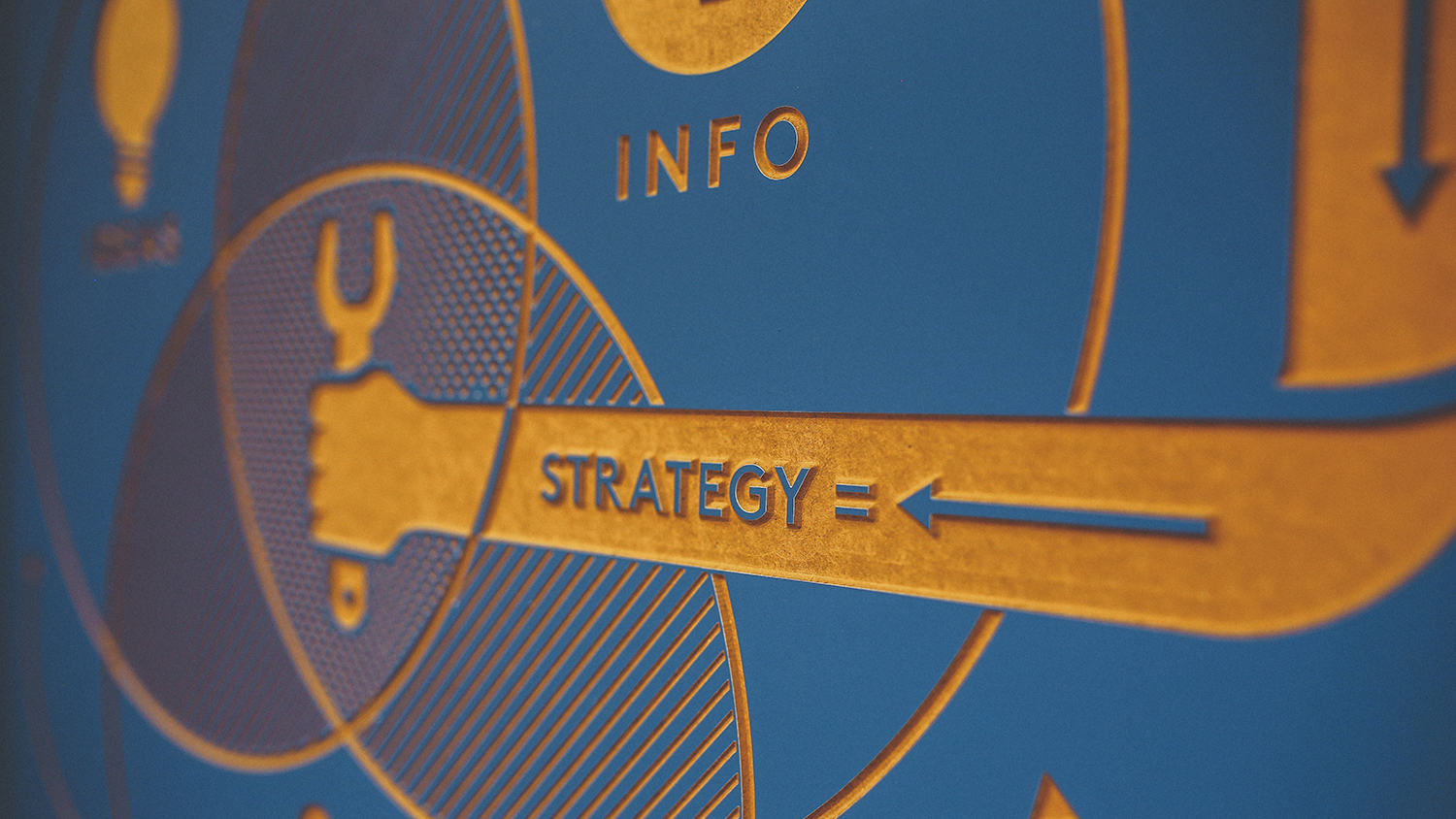A small wildfire in San Diego County in 2017 resulted in a big uptick in children visiting the emergency room for breathing problems, according to new research published online in the Annals of the American Thoracic Society. In “Increase in Pediatric Respiratory Visits Associated with Santa Ana Wind-driven Wildfire Smoke and PM2.5 levels in San Diego County,” Sydney...
Author: sp (sp )
Research Offers New Way to Assess an Organization’s Public Relations
Communication and marketing experts place great weight on an organization’s relationship with its public stakeholders, and a new tool allows organizations to better measure and describe the nature of these relationships. “Traditionally, these relationships are measured using questionnaires, which provide only a static snapshot of how one party viewed an organization,” says Yang Cheng, co-author...
U.S. Presidents Play Surprising Role in Driving Corporate Social Responsibility
A new study by San Francisco State University Assistant Professor of Management Nara Jeong suggests that CEOs look to the White House for leadership on social responsibility — but not the way you might expect. It turns out that corporate leaders are less likely to act on their values when they’re in agreement with the...
A New Link Between Fear, Imitation, and Antisocial Behavior in Children
Why do some children have more difficulties understanding others’ emotions or feeling sorry after misbehaving? Why do some act out in certain situations and behave in others? How should adults respond in these circumstances? For parents, such puzzles can seem unsolvable yet having insight into the inner workings of these situations becomes increasingly important when...
Illegal Hunting and Bushmeat Trade Threatens Biodiversity and Wildlife of Angola
Hunting wild animals has been practised by humans for millions of years; however, the extraction of wildlife for subsistence and commercialisation has become a major biodiversity threat in recent decades. Meanwhile, over-exploitation is reported to be the second most important driver of change and biodiversity loss globally. To assess the state of affairs, an international group of...
Forget Fast Cars and Shiny Rolexes – Rich People Used to Show Off Their Wealth with Pineapples and Celery
A stack of pancakes ladened with syrup, a frothy latte posed next to a white MacBook, a deep pan pizza oozing with cheese. Instagram has made “food porn” – images that portray food in an appetising or aesthetically appealing way – commonplace. Food is now the most photographed subject on the platform, and #food, #foodporn,...
Unattainable Standards of Beauty for Today’s Woman
While the average American woman’s waist circumference and dress size has increased over the past 20 years, Victoria’s Secret fashion models have become more slender, with a decrease in bust, waist, hips and dress size, though their waist to hip ratio (WHR) has remained constant. These findings represent an ideal of beauty that continuously moves...
Early Modern Humans Cooked Starchy Food in South Africa, 170,000 Years Ago
“The inhabitants of the Border Cave in the Lebombo Mountains on the Kwazulu-Natal/eSwatini border were cooking starchy plants 170 thousand years ago,” says Professor Lyn Wadley, a scientist from the Wits Evolutionary Studies Institute at the University of the Witwatersrand, South Africa (Wits ESI). “This discovery is much older than earlier reports for cooking similar...
Yale Study Urges Lifesaving Drug Treatment to Combat Ukraine’s HIV Epidemic
A new study led by Yale University researchers finds that scaling up use of methadone and buprenorphine — medications for treating opioid use disorder known as opioid agonist therapies (OATs) — could greatly reduce HIV transmission rates and prevent deaths in Ukraine, where the disease is epidemic among people who inject drugs. The study was...
Less Offspring Due to Territorial Conflicts
Both species, humans and chimpanzees, can be extremely territorial, and territorial disputes between groups can turn violent, with individuals killing each other. In humans, such between-group competition can escalate to war and devastating loss of human life. Researchers from the Max Planck Institute for Evolutionary Anthropology studied wild Western chimpanzees to find out whether territorial...










